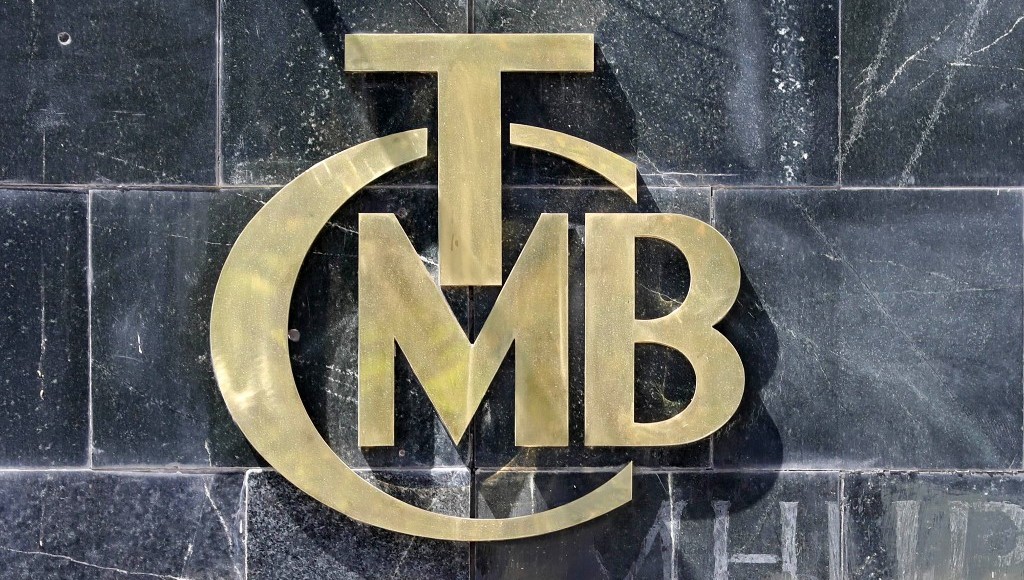Turkey’s central bank on Thursday sharply hiked its main interest rate to 19 percent to counter rising inflation and the dropping value of the lira, Agence France-Presse reported.
The bank said it has “decided to implement a front-loaded and strong additional monetary tightening” after seeing the annual inflation rate climb to 15.6 percent last month.
The bank’s main rate was increased by a larger-than-expected 200 basis points.
The lira gained 2 percent in value against the dollar moments after the decision was announced.
The Turkish lira has clawed back roughly 15 percent of its value against the dollar since President Recep Tayyip Erdoğan overhauled his economic team and appointed Naci Ağbal as the new central bank governor in November.
But rising crude oil prices have pushed up Turkey’s inflation rate more than expected, while growing yields on US Treasuries have forced investors out of riskier emerging markets.
Economists blame Erdoğan’s unorthodox belief that high interest rates cause inflation — instead of slowing it down — for many of Turkey’s current economic problems.
But Ağbal appears to have won Erdoğan’s blessing to keep the policy rate high for some time to ward off inflation and help the lira recover.
“Governor Ağbal is clearly keen to embellish his inflation-fighting credentials and thus was willing to go above and beyond what investors had demanded,” Capital Economic analyst Jason Tuvey said in a research note.
Past central bank managers have burned through most of Turkey’s reserves trying to support the currency while rates remained well below the rate of inflation.
The central bank said its “tight monetary policy stance will be maintained decisively, taking into account the end-2021 forecast target, for an extended period until strong indicators point to a permanent fall in inflation and price stability.”
Turkey hopes to bring down the annual inflation rate to under 10 percent by the end of next year and to 5 percent by the time Erdoğan is next scheduled to face an election in 2023.



